CN: discussions of discrimination, anti-LGBTQ+ violence, and suicide
Author’s Note: I know that the use of the word “Queer” makes many uncomfortable because it was once a slur and used so violently against our community. That said, we, as a community, have largely reclaimed the word, making it a powerful individual and political identity. I identify as Queer, so I will use that word.
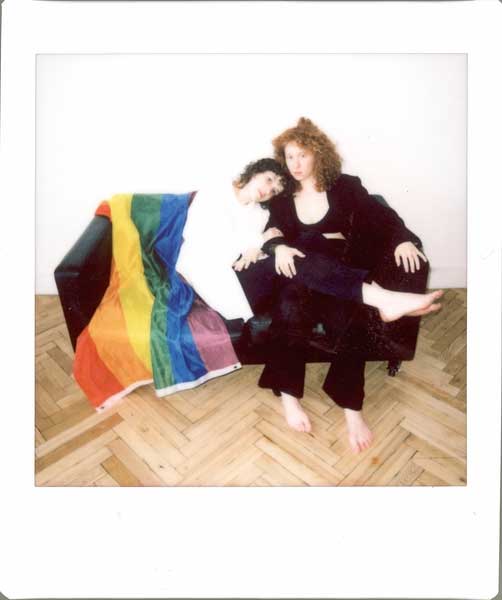
Photo by Darina Belonogova Alt text: Image is a polaroid-style photo of two women on a couch draped with rainbow flag.
Today is Honoring Our [LGBTQ+]* Elders Day and I want to take this opportunity to give special thanks to my ancestors, mentors, and contemporaries who are moving into Elder status. Without these beautiful humans shaping my life, it’s likely that I never would have found a way to be me, in all my Queer glory. Thank you. That said, there is already an abundance of articles and essays out there discussing prominent elders and ancestors and the trails they blazed.
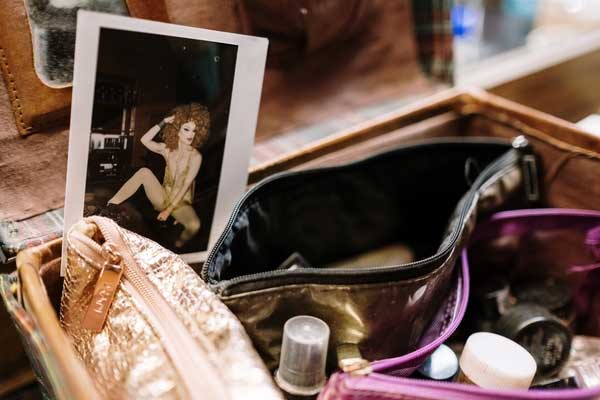
Photo by cottonbro Alt text: An image of a case of make up and makeup bags with a polaroid photo of a drag queen sticking up from behind one of the makeup bags.
Beyond acknowledgement and gratitude, part of honoring our LGBTQ+ elders is to take a genuine look at their lived experiences—radical and mundane—and find ways that we can honor them year-round. Many of our elders live in poverty; have reduced access to affordable housing; lack adequate healthcare; are more likely to die by suicide; have smaller support networks in place to rely on as they age, increasing the likelihood of social isolation. Each of those circumstances are, largely, the result of anti-LGBTQ+ discrimination.
Most of the history of our community that we hear about–popular history of the LGBTQ+ community starts at the Stonewall Riot, ignoring the rich history that lies beyond 1969–has occurred within the last 60 years. Many of our surviving elders have lived through every major turning point in LGBTQ+ rights in popular history and have survived every backlash to those turning points, decades of violence and discrimination. As one man put it, the “LGBT community has stepped up in the past to address coming out, AIDS, and civil rights. The next wave has to be aging.”
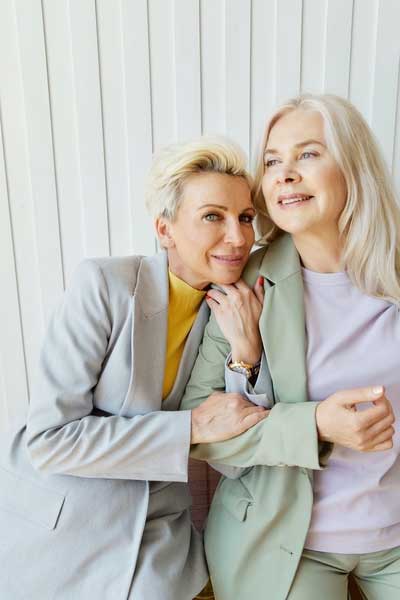
Photo by Darina Belonogova Alt text: A photo of two happy-looking, older women in pastel pantsuits. One of the women stares into the camera and is leaning and lovingly holding the arm of the other woman who is looking away from the camera.
We have so few safety nets for our LGBTQ+ elders that actually take into consideration their unique needs, especially the needs of other historically oppressed groups within our community. The medical, social, and mental health needs of an elder Queer are not the same as their cishet counterparts–especially when you consider that it is within social services/public policy, medical, and mental health systems that they have experienced so much discrimination, violence, and neglect–particularly in the arena of mental health where our identities were pathologized until 1973, in the case of gays and lesbians, and 2013, for trans and nonbinary folks (-ish, it depends on a providers interpretation of gender dysphoria). The Aging and Health Report noted that “although there have been tremendous gains in health during the last century, many historically disadvantaged groups within our aging population continue to experience higher levels of illness, disability, and premature death.” That discrimination and neglect is especially apparent in end-of-life care.
Still, despite all the ways our society has failed or been outright hostile to our elders, they are resilient. The LGBTQ+ community has often had to cobble together resources to support ourselves and, while they absolutely should not have to do so, our elders are creating networks to hold each other up. Groups like SAGE, GenPride, Diverse Elders Coalition, and many other local organizations founded by our elders for our elders are fighting for more accessible, affordable, and non-discriminatory medical care; affordable housing; and legal recognition and protections for Queer relationships and caregivers. They’re providing educational resources and helping our elders navigate the existing medical and legal systems. And, importantly, they are providing an affirming community–social isolation is something all seniors in the United States tend to deal with and it is especially true for our LGBTQ+ elders.

Photo by Mike Jones Alt text: Photo of an older Queer couple sitting in a hammock. One is wearing sunglasses shaped as starts. They are blowing bubbles from a bubble wand.
It is encouraging that there are so many groups and communities working to help address the ways in which our elders have been failed. I hope that, sooner than later, the agendas and actions of all these groups become cohesive and coordinated on a national scale. I want us, as a nation, to have a robust system to take care of all of our seniors and that recognizes and accommodates the needs of elders from historically oppressed groups. Truly honoring our elders is to fight for dignity, equity, and compassion.
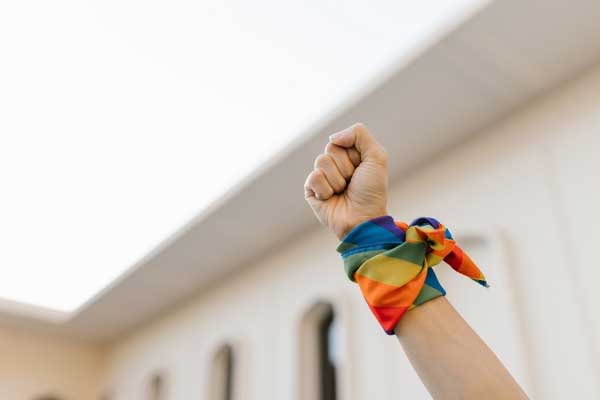
Photo by RODNAE Productions Alt text: Photo of a raised fist. A rainbow cloth is tied around the wrist
*I have altered the official name of the day of observance, “Honoring Our LGBT Elders Day,” to include “Q+.” This addition is to recognize that there have been so many of our elders and ancestors who belonged to our community but did not identify as lesbian, gay, bisexual, or transgender.
Lead photo by RODNAE Productions on Pexel


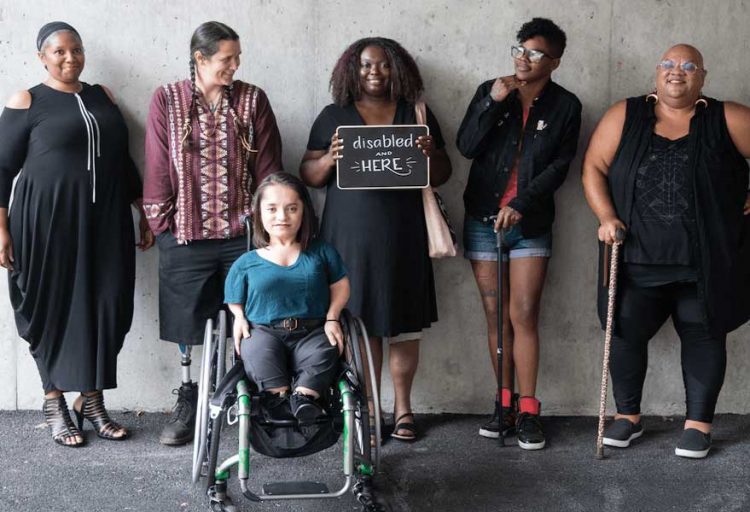
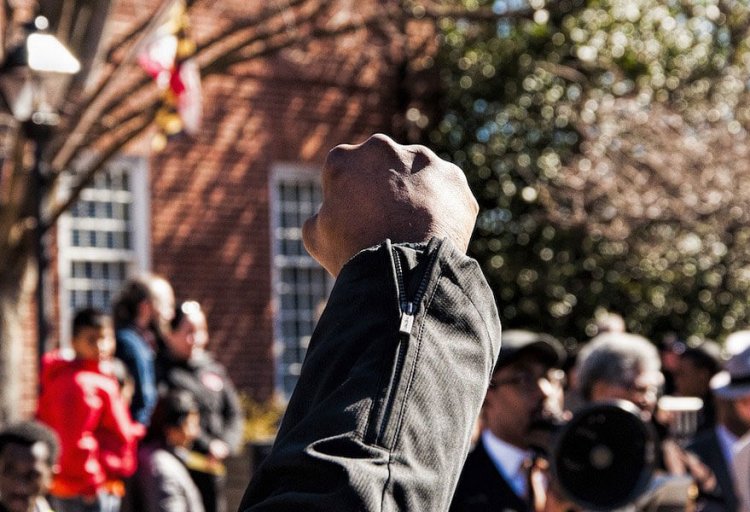
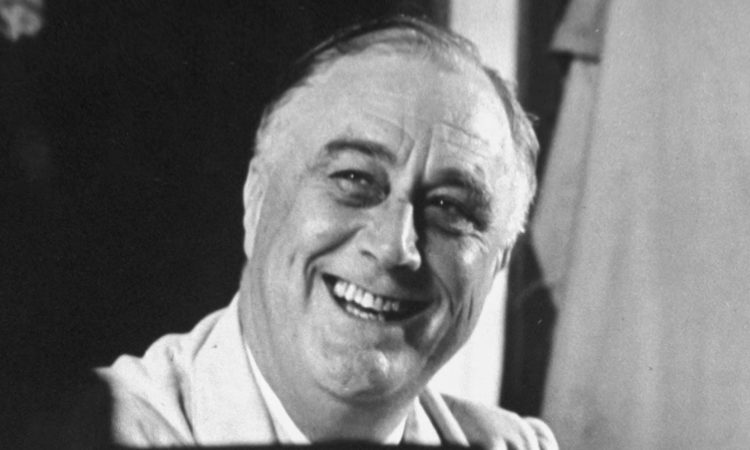
Leave a Reply